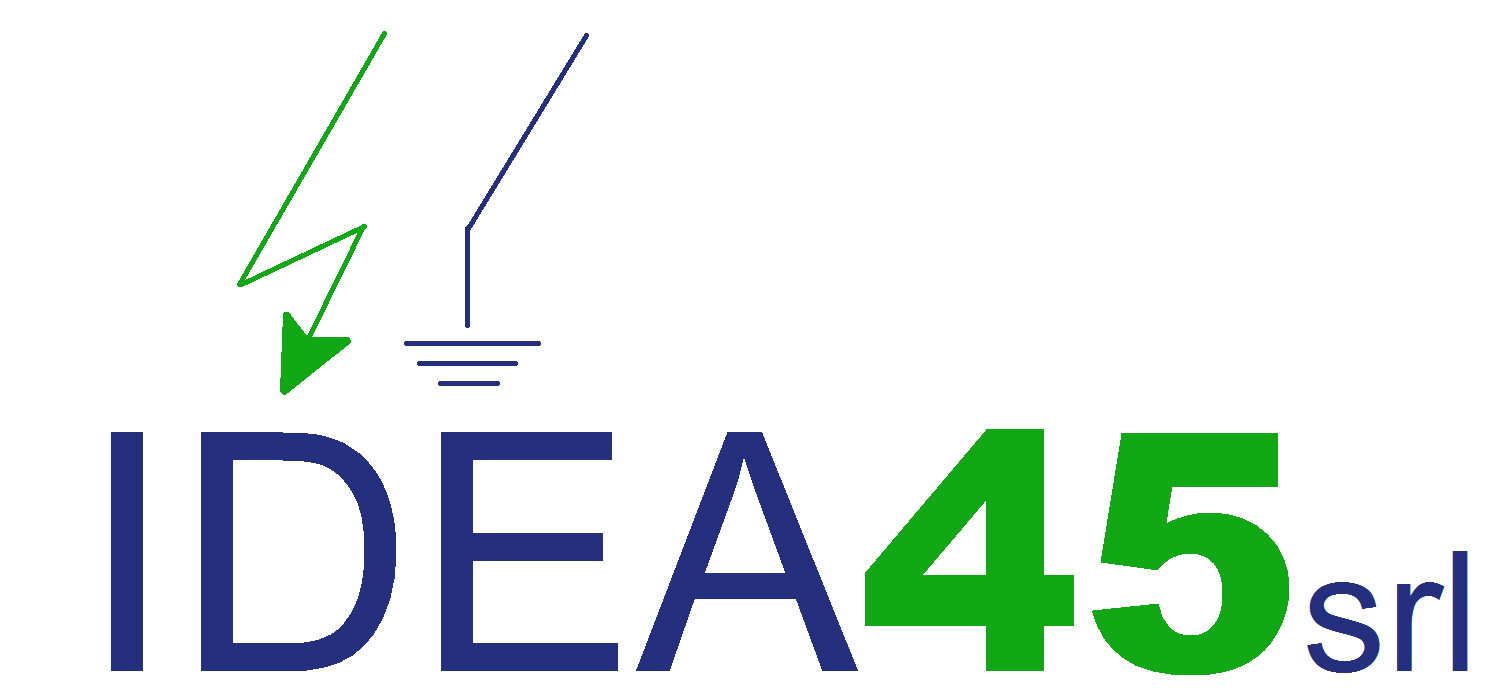As unemployment states over the US exceed three million, many people are experiencing unprecedented money drops. And COVID-19 therapy bills is generally substantial for those who require hospitalization, actually for family with medical health insurance. Because 46 percent of People in the us lack a rainy day fund (PDF) to pay for 90 days of expenses, either test could undermine numerous family members’ economic security.
Stimulus costs might take months to get to individuals in need. For most having increased financial stress, inexpensive small-dollar credit score rating is generally a lifeline to weathering the worst economic aftereffects of the pandemic and bridging income spaces. Currently, 32 percent of families just who incorporate small-dollar financial loans utilize them for unexpected spending, and 32 percent utilize them for short-term earnings shortfalls.
Last night, five national financial regulatory companies given a combined declaration to convince banking institutions to offer small-dollar loans to individuals throughout COVID-19 pandemic. These financing could include credit lines, installment financing, or single-payment financing.
Strengthening about this recommendations, says and banking institutions can follow policies and develop items that better usage of small-dollar financing to get to know the needs of family members having economic stress during the pandemic and take the appropriate steps to protect all of them from riskier forms of credit score rating.
Who’s got the means to access mainstream credit score rating?
Credit ratings are used to underwrite the majority of traditional credit products. But 45 million customers have no credit score and about one-third of men and women with a credit history need a subprime rating, that may limit credit score rating accessibility while increasing borrowing from the bank expenses.
As these consumers are much less in a position to access traditional credit (installment loans, credit cards, and other financial loans), they might turn to riskier types of credit score rating. Before five years, 29 percent of Americans made use of loans from high-cost lenders (PDF), such as payday and auto-title lenders, pawnshops, or rent-to-own solutions.
These forms of credit score rating generally costs borrowers significantly more than the price of credit open to customers with primary credit scores. A $550 pay day loan repaid over 90 days at a 391 apr would charges a borrower $941.67, in contrast to $565.66 when using credit cards. Higher rates on payday advance loan, generally paired with brief repayment times, lead many individuals to roll over financing over and over repeatedly, ensnaring all of them in debt rounds (PDF) which can jeopardize their financial wellbeing and stability.
Considering the projected length of the pandemic and its particular economic impacts, payday lending or balloon-style debts might be specially dangerous for individuals and result in longer-term financial insecurity.
How do says and banking institutions augment the means to access affordable small-dollar credit score rating for vulnerable groups with no or dismal credit?
Reports can enact emergency guidelines to limit the capability of high-cost loan providers to improve interest rates or fees as groups undertaking improved stress through the pandemic, like Wisconsin enjoys. This may mitigate skyrocketing costs and consumer issues, as states without fee limits experience the finest cost of credit, and most issues result from unlicensed lenders which evade regulations. Such plans may help protect family from dropping into loans series if they are not able to access credit score rating through other methods.
Claims can also strengthen the regulations surrounding small-dollar credit to improve the caliber of products provided to groups and ensure they support group monetary safety by-doing the following:
- defining unlawful financing and causing them to uncollectable
- setting customer mortgage limits and implementing them through county sources that manage licensed loan providers
- promoting defenses for consumers whom borrow from unlicensed or internet based payday loan providers
- demanding payments
Financial institutions can mate with employers available employer-sponsored debts to mitigate the potential risks of offering debts to riskier customers while offering buyers with increased manageable terms and lower rates. As loan providers find fast, precise, and affordable methods for underwriting financing that offer groups with poor credit or minimal credit score rating histories, employer-sponsored financing could permit extended credit accessibility among economically distressed professionals. But as jobless consistently boost, this may not be a one-size-fits-all response, and banking institutions may prefer to develop and offer different merchandise.
Although yesterday’s direction through the regulatory agencies decided not to supply certain techniques, banking institutions can look to encouraging ways from study because they broaden products and services, including through after:
- limiting financing costs to an affordable show of customers’ earnings
- distributing financing costs in actually installments throughout the lifetime of the loan
- revealing essential loan info, including the regular and total www.paydayloansexpert.com/installment-loans-me/ price from the financing, obviously to people
- restricting the utilization of bank checking account access or postdated monitors as an assortment method
- integrating credit-building functions
- placing max fees, with individuals with poor credit planned
Finance institutions can leverage neighborhood Reinvestment Act factor while they lessen words and assist individuals with reduced and average earnings. Building relationships with new consumers from these less-served groups could provide new opportunities to connect communities with banking services, even after the pandemic.
Growing and fortifying small-dollar financing ways can help develop family members’ economic resiliency through pandemic and past. Through these policies, county and financial institutions can take advantage of a role in progressing family’ lasting economic wellness.
March 26, 2020 in Miami, Florida: Willie Mae Daniels can make grilled cheddar with her granddaughter, Karyah Davis, 6, after becoming let go from her task as an edibles service cashier within college of Miami on March 17. Mrs. Daniels mentioned that she has sent applications for unemployment pros, signing up for around 3.3 million People in the us nationwide who are pursuing jobless pros as restaurants, accommodation, universities, shop and closed to try to decrease the scatter of COVID-19. (Pic by Joe Raedle/Getty Imagery)
